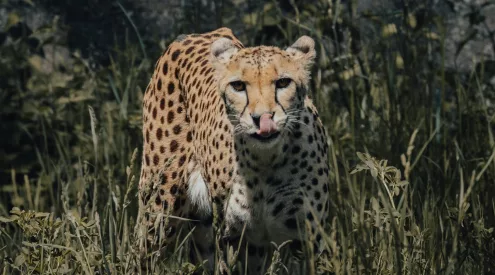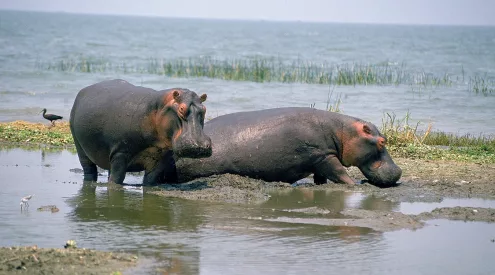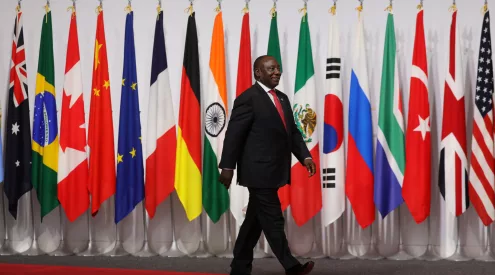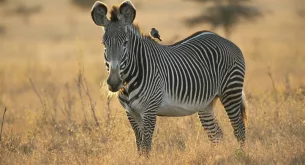Pangolins are some of the most fabulously weird animals in the world – but they’re also some of the most threatened. This week at the CITES convention in Joburg, legislation was passed to change that: commercial trade of pangolins is now illegal all over the world.

We met this pangolin at Wild is Life, a sanctuary in Harare dedicated to wildlife rehabilitation. Photo by Melanie van Zyl.
CITES (the Convention on International Trade in Endangered Species of Wild Fauna and Flora) is an international agreement between governments, and this month, they met in Joburg to discuss the international trade in specimens of wild animals and plants. The African Pangolin Working Group submitted a proposal to end pangolin trading, in the hope that world-wide government conservation organisations and state legal institutions will deal more harshly with traders.
The illegal international trade is the largest threat faced by pangolins: according to WildAid, one million have been trafficked over the last ten years. Their scales are used in traditional medicine in South East Asia, and their meat is considered a delicacy: and because most people are unaware of their existence, awareness-raising around their plight has been much more difficult than for iconic species like elephants, rhinos and pandas. But this week 114 countries voted to move all species of pangolins up to Appendix I, which means that they cannot legally be traded commercially at all.
Pangolins’ problems are far from over – but in a world where good conservation news is hard to come by, these stories are even more important.
Want to see a pangolin being boss? Watch the little artichoke-Dachshund confusing a lion by rolling up in an almost-indestructible ball:
And if you’d like to know more about pangolins, this CNN undercover investigation into the pangolin trade is a great read.


















